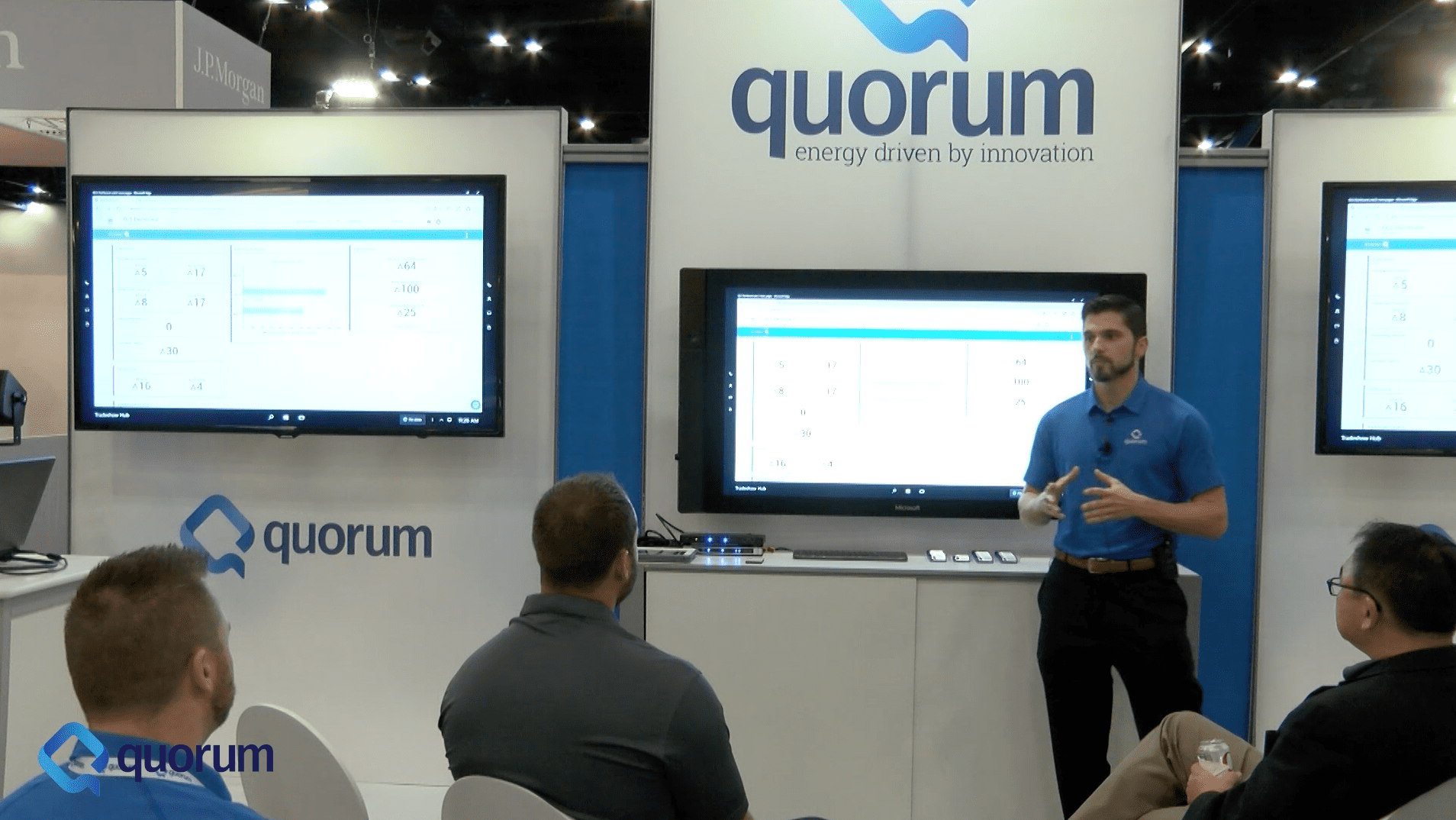Augmented Intelligence is the Next Wave of Operational Excellence for Oil and Gas
In today’s digital age, advanced technologies have the capabilities to enhance the entire lifecycle of managing land assets, from acquisition to disposition. Taking advantage of the latest software innovations can save upstream oil and gas companies time, money, and the headache associated with manual processes.
For example, software optimized for mobile devices allows land professionals to collect and sync data with real-time connections between workers in the field and in the office, helping to secure ownership in the best exploration areas faster. GIS mapping lets land professionals see, analyze, and understand geospatial data with technology that offers real-time insight into leasing and title activity, while advanced reporting capabilities allow the entire company to share the data and gain insight into important land assets.
These technologies along with other capabilities make up the modern energy workplace, which can drive increased productivity and efficiency in land departments. However, changing market conditions are driving oil and gas companies to continuously adapt to the constant evolution of digital technology. Continuous learning and the ability to adapt is key when it comes to meeting the demands of the changing workforce, as well as supporting business development and growth through maximizing productivity.
It’s no wonder cognitive technologies have emerged as the next wave of operational excellence in the digital transformation journey for oil and gas. These advanced capabilities, such as machine learning, robotic process automation, computer vision, and natural language processing, can help oil and gas companies work smarter, more efficiently, and be more operationally and financially compliant. Unlike traditional artificial intelligence systems, which seek to replace humans with machines, AI (augmented intelligence) extends users’ human decision-making and cognitive abilities with powerful machine intelligence to create real solutions that improve strategy, decision-making, and execution.
In fact, an average of 40-75 percent cost savings can be achieved by implementing intelligent automation for relevant functions, according to findings from KPMG. Gartner forecasts $2.9 trillion in new business value opportunities by 2021, as well as the ability to recover 6.2 billion hours of worker productivity.
For example, AI technology embedded into land management software can help accelerate lease acquisitions. Landmen and brokers need the ability to capture critical land data quickly so they can execute agreements and secure rights before anyone else. With AI technology like intelligent ingest, land departments can input and organize agreement data quicker and with comprehensive detail. With seamless GIS mapping integration and easier collaboration, lease analysts and land managers can review and approve executed agreements while tracking broker’s progress in real time. Speaking of lease analysts, AI can also improve data accuracy with the ability to validate lease analyst’s data entry versus what is recorded in the actual lease. It also gives you the ability to monitor lease analyst’s performance and ensure that data is being entered correctly and accurately.
By reducing manual input hours, improving data validation and quality, and improving system and user training, AI capabilities can allow land professionals to quickly and easily uncover the most critical information to make better, more strategic decisions.
Currently, the energy industry is in the early stages of transforming key processes by adapting cognitive technologies. According to IDC, “Within two years, 25 percent of large oil and gas companies will have implemented a platform to develop, analyze, model, and simulate best practices in a cognitive-based continuous learning environment.”
Despite the promise of benefits for the oil and gas industry, skepticism around integration, cost, scarcity of cognitive experience, and rethinking implementation strategies have created obstacles in adopting modern cognitive solutions. According to survey data from Deloitte, 47 percent of executives say integrating cognitive projects with existing process and systems is an obstacle to AI, while 50 percent of executives indicate that the expense of technologies and expertise is one of the top challenges with cognitive technology.
Quorum Software is a company that is eliminating the two key challenges to AI – integration and expertise. By leveraging 20 years of experience and expertise in oil and gas and applying research-backed best practices and design thinking, Quorum’s platform-first approach allows the industry to think beyond these obstacles, so companies can capitalize on the benefits of AI.
Unlike AI tools that do not integrate with the existing processes and systems, Quorum’s AI technology is embedded seamlessly into the myQuorum platform that powers software applications to support land management and the entire energy value chain. Quorum also bridges the expertise gap by prioritizing how energy companies actually use cognitive technologies to solve real-world problems. The software can deliver smarter insights because it is built specifically for the industry.
Cognitive technologies like AI can help us unlock new approaches to solving problems, while learning and adapting to business changes. Oil and gas companies must continue to evolve if they want to drive success and stay competitive in an increasingly digital environment, and the future is AI.
After years of gaining valuable insight into upstream at one of the top oil and gas service companies, Kyle joined Quorum Software as the Product Marketing Manager of Land where he works to help operators better understand the power of software and how it can streamline upstream operations.







